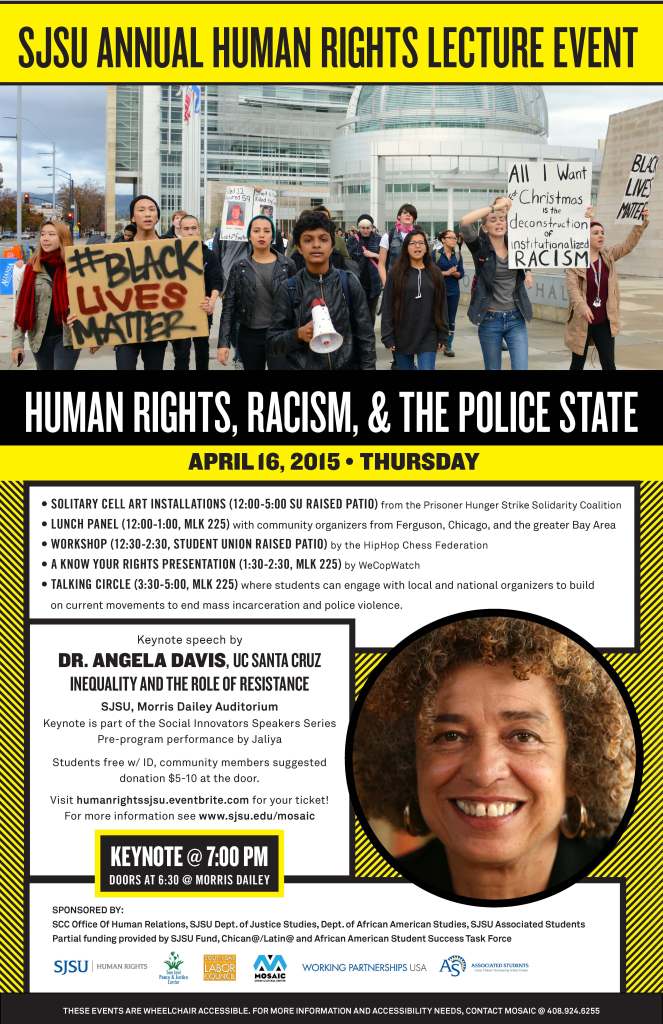By Terry A. Kupers, M.D., M.S.P.
(Many thanks to Willow Katz and Dolores Canales for support and editing)
Prisoners consigned to solitary confinement or Security Housing Unit (SHU) are derided as “the worst of the worst.” But when I enter SHUs around the country in preparation for expert testimony in class action litigation, I find very ordinary people, with some exceptions. There are very bright people, and there are not so bright people, just as in the community. There are mean and ornery people and there are peaceful and very caring people, just as in the community (and in prison the peaceful and caring are much more numerous).
The exceptions include the fact that: 1. A disproportionate number of prisoners in solitary suffer from serious mental illness (S.M.I.) — either they were diagnosed before entering solitary or they developed emotional problems on account of the harsh conditions — and that’s why, when I started touring supermax solitary confinement units in the 80s and 90s, I found that 50% of SHU-dwellers suffered from S.M.I.; 2. A disproportionate number are people of color — the racism that permeates the criminal “justice” system does not stop at the prison walls; and 3. A large proportion of individuals in solitary confinement are very bright and very political — I think officers are intimidated by willful and very intelligent prisoners, and selectively send them to solitary. Of course, the subgroups can overlap, so there are no sharp boundaries. In any case, the population in SHUs are very far from “the worst of the worst.”
When I set out to interview and examine the plaintiffs in the Ashker v. Governor of California lawsuit about unconstitutional conditions and a lack of due process at the Pelican Bay State Prison SHU, I met men in the second and third categories, people of color and very bright and very political. There were not very many prisoners who suffer from S.M.I. because prior litigation, Coleman v. Governor of California, resulted in a federal court order that SHU residents receive mental health evaluations and those suffering from S.M.I. be transferred to special units, the Psychiatric Services Units (PSUs), where they might receive mental health treatment. Of course, conditions in the PSUs closely approximate SHU conditions except that prisoners are moved from their cells to “cages” (the staff call them “treatment or programming modules”) for mental health sessions.
A majority of the inhabitants of the Pelican Bay SHU were alleged to be “gang-affiliates” or members, based on “confidential information,” typically meaning other prisoners had informed they were gang-related. Those other prisoners were granted privileges or released from SHU in exchange for their “snitching,” and of course the prisoners in SHU had never been told what evidence there was against them, nor were they given an opportunity to defend themselves against the charge of gang-affiliation. So, in an average case, a Latinx man from an East L.A. barrio was seen giving the high five to a suspected gang member, or wrote a letter to a cousin in prison who was suspected of gang-affiliation, and from then on he was classified gang-affiliated and sent to SHU.
Alleged gang-affiliation was sufficient cause for the CDCR to consign prisoners to SHU for the remainder of their lives, unless they were willing to snitch on other prisoners (the “debriefing” process), reach the end of their prison sentence (parole), or die. Prisoners described their choices as “snitch, parole or die.” The Ashker settlement supposedly ended the practice of sending prisoners to SHU for alleged gang-affiliation alone.
The 24 prisoners I interviewed were all very bright, many were very well read, and all of them were very aware of and articulate about social injustices and inequities. On average, they had gotten into trouble with the law as teenagers, maybe were doing drugs, and in some cases they were involved with street gangs. Almost all of them dropped out of school before graduating high school. They entered the criminal legal system in their late teens or early twenties, settled down and looked back with regret on their criminal ways (or, a significant number were actually innocent of the charges against them, having been falsely convicted on the basis of tampered or bribed witness identification, the same unfortunate process that would get them consigned to SHU and then denied parole).
I found myself face-to-face with men I found simpatico, and very interesting to talk to. I rarely find people in the wider community who have so thoroughly studied philosophy and history and are conversant with the theories not only of Freud, Marx, and Darwin, but also Malcolm X, Franz Fanon and Che Guevera. But in the Pelican Bay SHU these were studies and theories that might pop into the conversation at any moment. The men had started studying on their own as soon as they entered prison, earned their G.E.D.s, took college courses when permitted, and in many cases studied the law and became jailhouse lawyers, helping other prisoners with their appeals and legal cases. In fact, the Ashker v. Governor of California lawsuit began as a pro se case (meaning prisoners act as their own attorneys) brought by plaintiffs Todd Ashker and Danny Troxell. Imagine how difficult it is to study law and file claims from a windowless cell with no library privileges except being able to request a few specific books or cases and hope officers will deliver them to the cell.
Continue reading
